The GB1 GameBird prototype first flew in July 2015.
Game Composites is reporting on their Facebook page that they’ve just received EASA (European Aviation Safety Agency) certification for their GB1 GameBird, an aerobatic airplane. Flying is saying that the GB1, designed by German aerobatic champion Phillip Steinbach, “is the first aerobatic airplane certified since 2011.” They add that FAA certification work was being done at the same time and that Steinbach is expecting “the Part 23 paperwork to be in hand in the next few weeks.“1
More Details on Game Composites, and the GB1 GameBird
Founded in January 2013 by Steinbach and Steuart Walton, Game Composites set out with the desire to design, certify and produce “the world’s best aerobatic and touring aircraft.” No small task, and after founding the company, they got right to work with certification kick-off meetings a few months later. By December 2014, the first prototype part (the aileron) was produced and tested, and in July 2015, the completed prototype aircraft had its first flight. The aircraft was publicly displayed for the first time the following year at AirVenture 2016, and just this year in February, they completed the FAA validation flight test. (On a side note, Game Composites has a testing page2 on their site where they walk you through what exactly was tested, and even provide some great video of the tests. Well worth a look.)
The GB1 is made with a carbon fibre composite structure, features steel landing gear legs with carbon fiber fairings, a titanium firewall, canopy with a fixed windshield, and carbon pushrods. The GB1 is powered by a 303 hp, 6 cylinder Lycoming AEIO580B1A engine, and is equipped with a four blade MTV14-190-130-1 propeller. The GB1 has tandem seating for 2, which feature dual engine controls, and has a small baggage compartment behind the cockpit for 33 pounds (15 kg) of baggage, which an external baggage door on the left-hand side of the fuselage.
The base price for the GB1 GameBird is currently $400,000.
Footage of the GB1 GameBird Flying
Current GB1 GameBird Specs3
Dimensions
| Wingspan | 25.3 feet (7.7 m) |
| Length | 22.6 feet (6.9 m) |
| Winge Area | 121.25 feet (11.3 m) |
Fuel / Range
| Acrotank in Fuselage | 25 gallons (95 L) |
| 2 Wingtanks | 28 gallons (108 L) each tank |
| Total | 83 gallons (311 L) |
| Range* | 1000 nm (1850 km) |
* (@ 75% (24/240), 5000 feet, 200 KTS, with 30 minute reserve)
Weights
| Empty Weight, Standard Equipment | 1,290 pounds (585 kg) |
| Max Takeoff Weight ±10G | 1,940 pounds (880 kg) |
| Max Takeoff Weight ±6G | 2,200 pounds (999 kg) |
| Fuel Fuel Useful Load | 418 pounds (190 kg) |
| Load Factor | ±10G |
Speeds
| Never Exceed Speed** | 235 KTS (435 km/h) |
| Maneuvering Speed | 175 KTS (324 km/h) |
| Cruise Speed (75%, 5,000 feet) | 200 KTS (370.4 km/h) |
| Stall Speed, MTOW | 56 KTS (103.7 km/h) |
** Full aileron deflection is allowed up to VNE, with wing takes empty.
Featured Image: courtesy of Game Composites
References and Sources:
1 – Aerobatic GameBird Achieves Certification, Pia Bergqvist, Flying, Retrieved 4-12-17
2 – GB1 GameBird Testing, Game Composites, Retrieved 4-12-17
3 – GB1 GameBird Specifications, Game Composites, Retrieved 4-12-17
The American Champion Decathlon: the Sports Car of Singles
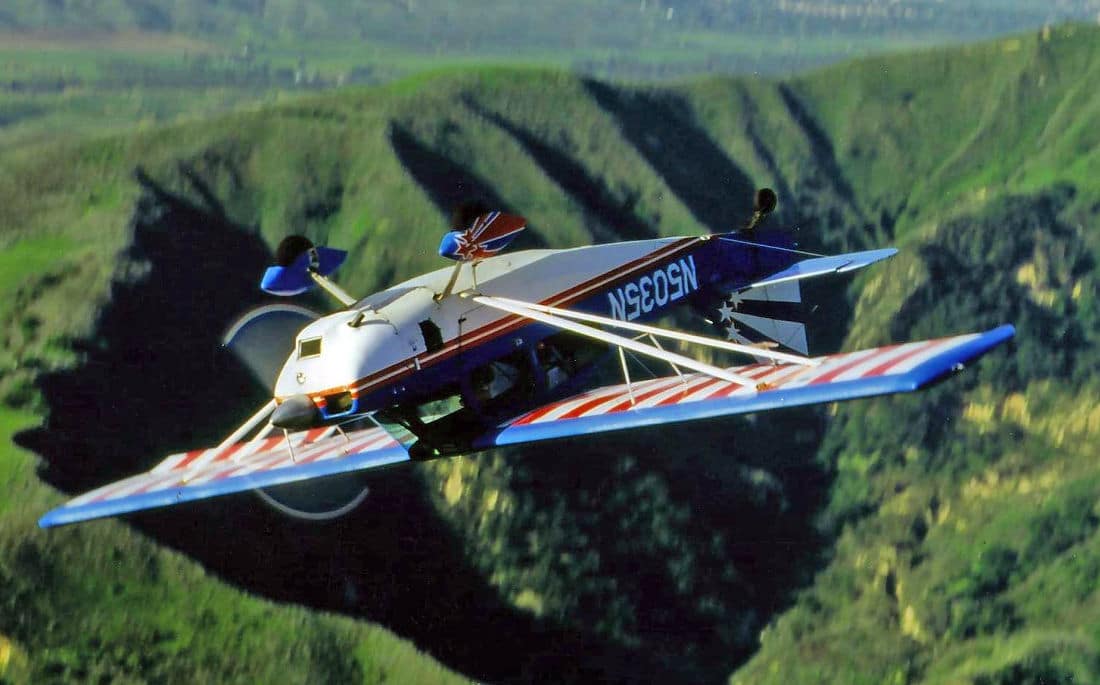 American Champion Aircraft (ACA) currently produces FAA-certified light aerobatic and utility aircraft for recreational, work, and training use. From the Aeronca, the Champion, and the Bellanca Aircraft Corporations now to ACA, the basic design has proved stable for over 50 years. But don’t think the aircraft haven’t changed: a steady process of refinement and expansion has resulted in a lineage that includes Champs, Challengers, Citabrias, Decathlons, and Scouts. [Click to read more…]
American Champion Aircraft (ACA) currently produces FAA-certified light aerobatic and utility aircraft for recreational, work, and training use. From the Aeronca, the Champion, and the Bellanca Aircraft Corporations now to ACA, the basic design has proved stable for over 50 years. But don’t think the aircraft haven’t changed: a steady process of refinement and expansion has resulted in a lineage that includes Champs, Challengers, Citabrias, Decathlons, and Scouts. [Click to read more…]


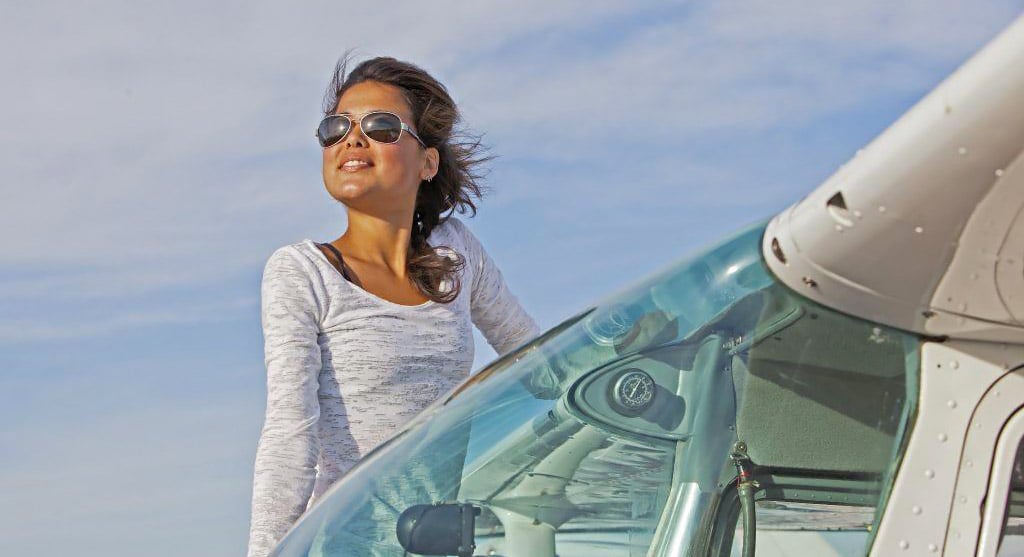
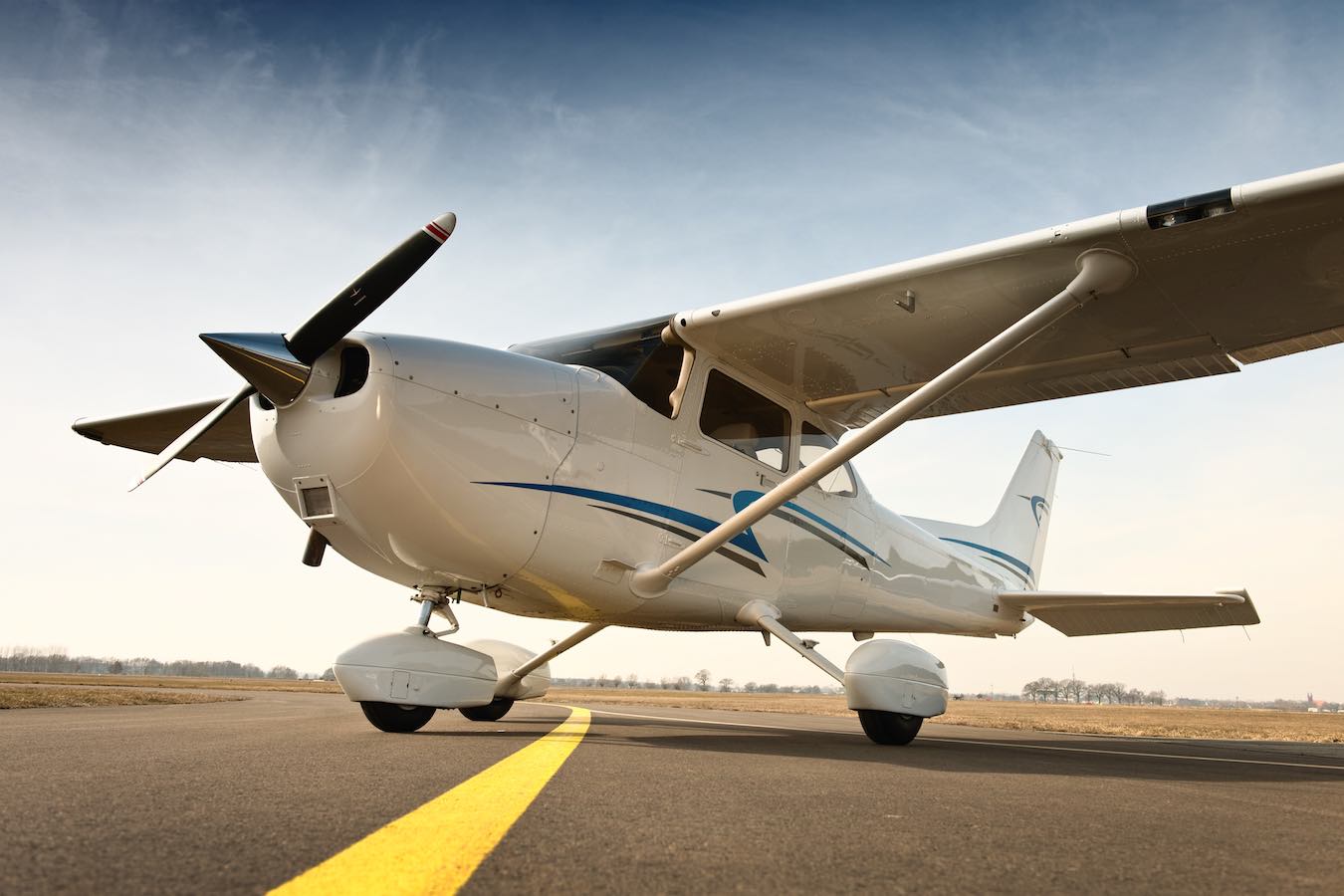
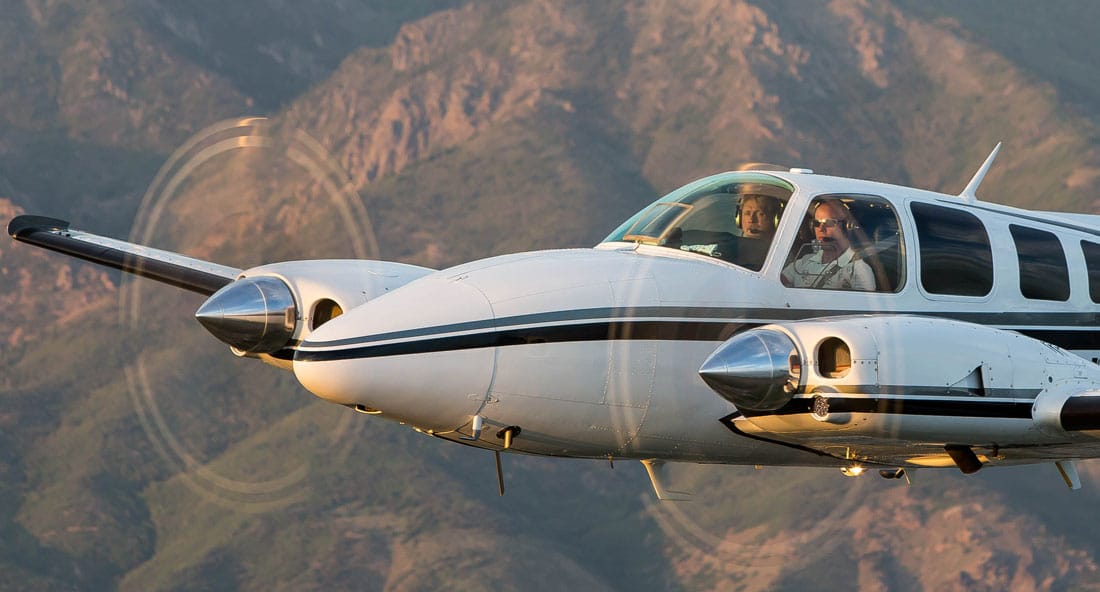
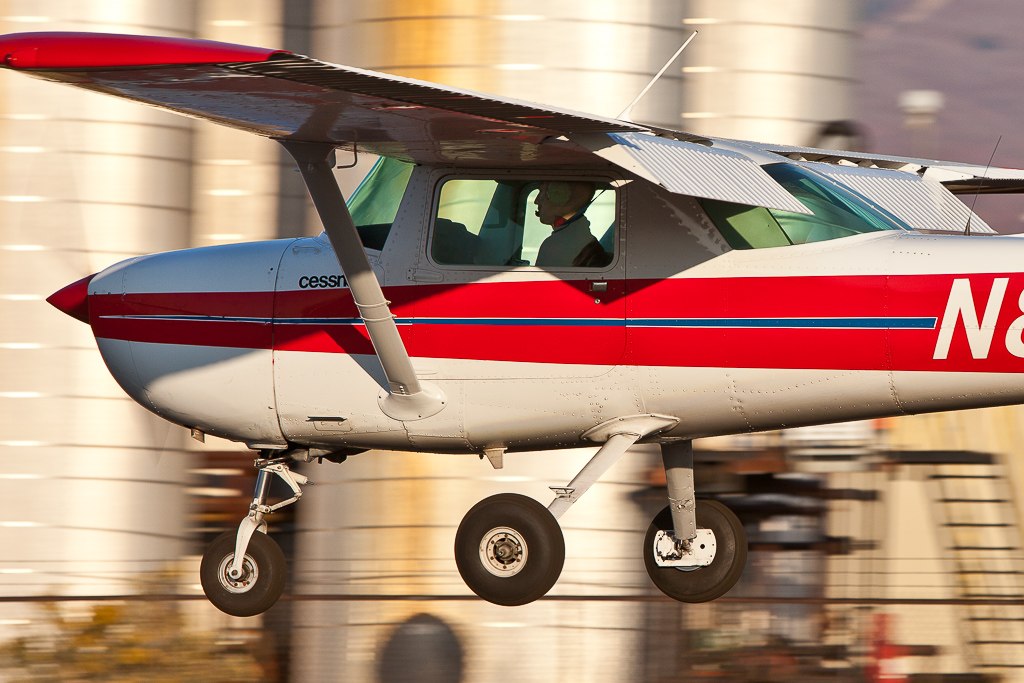
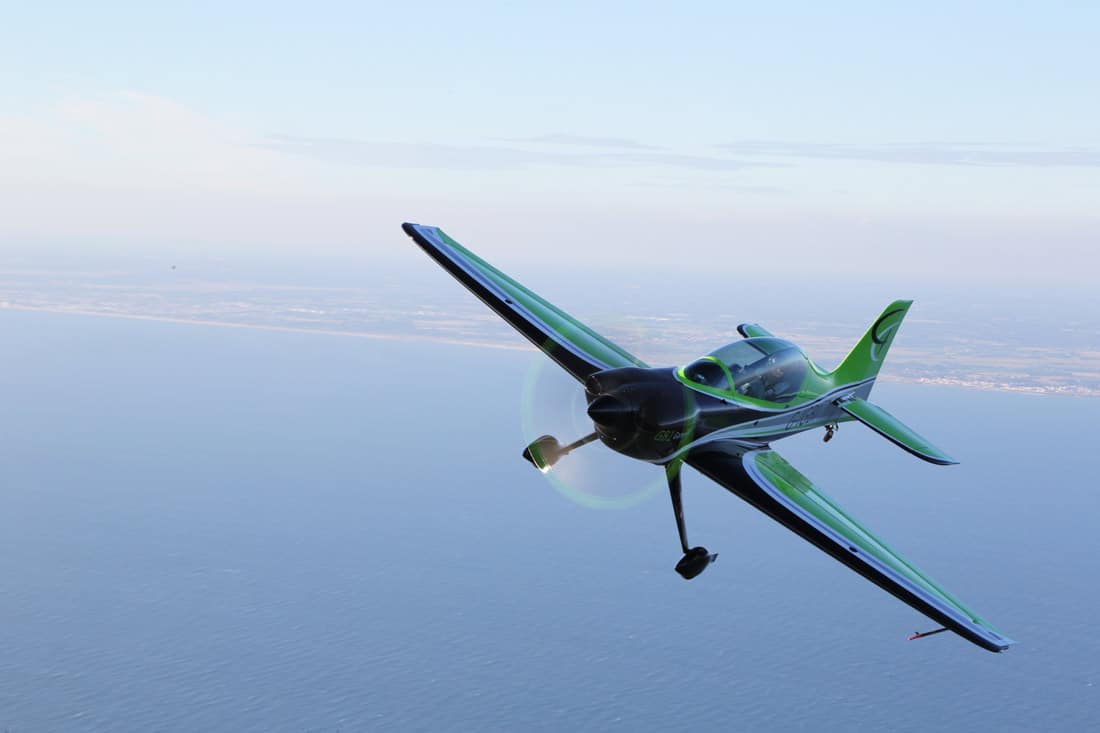
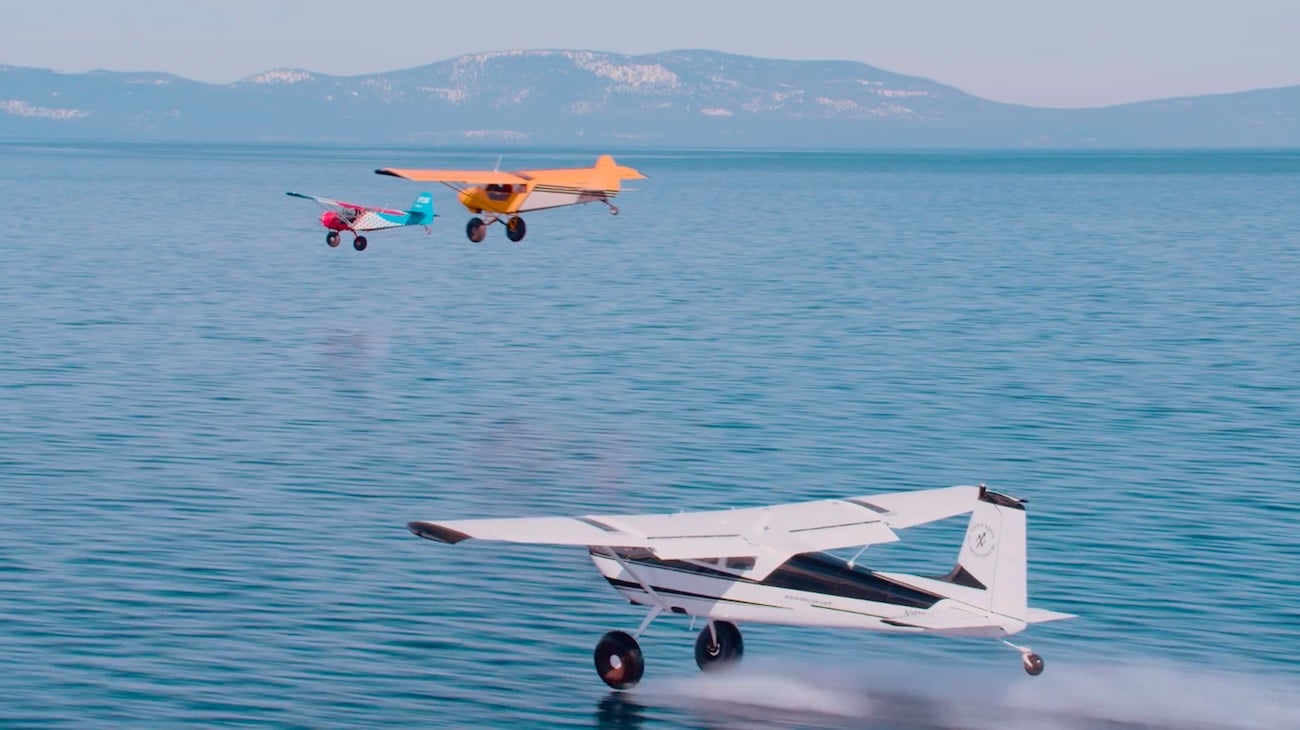
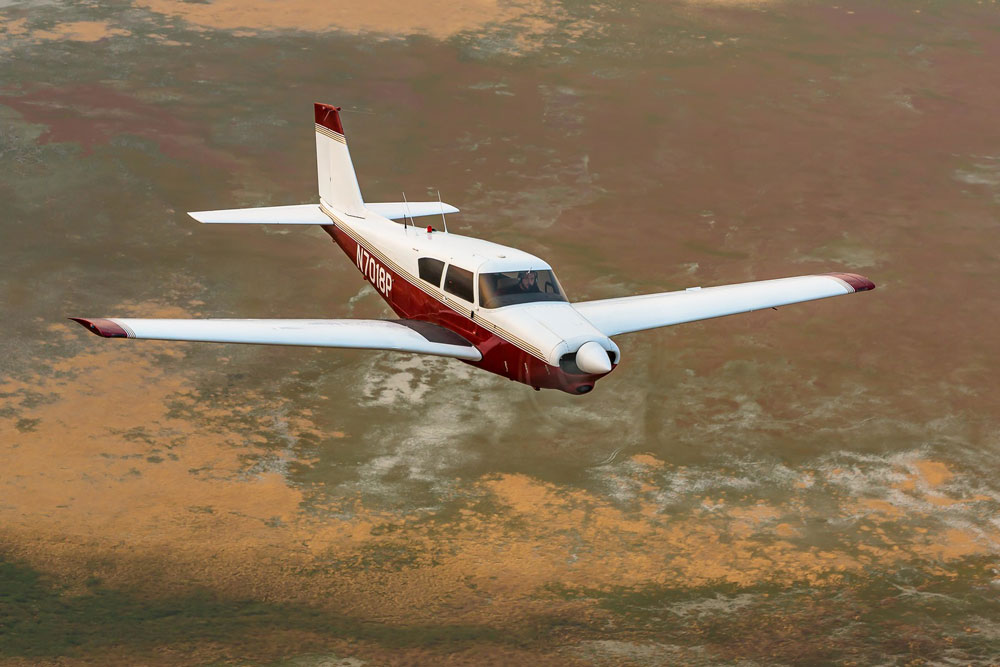
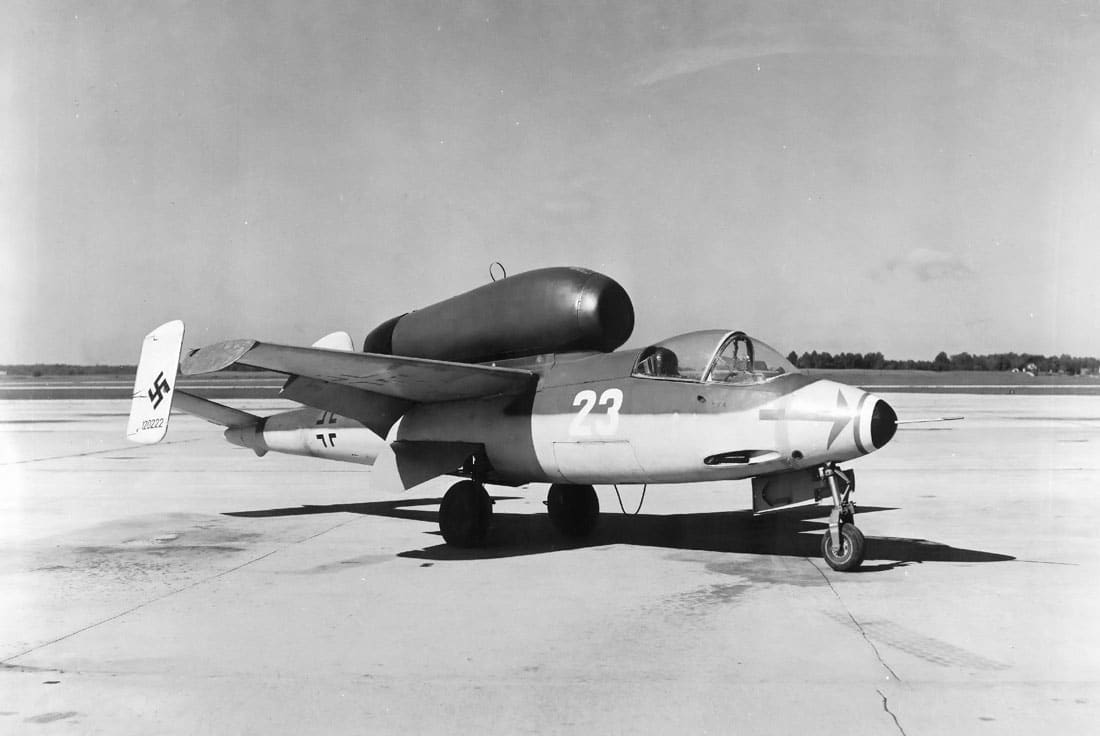
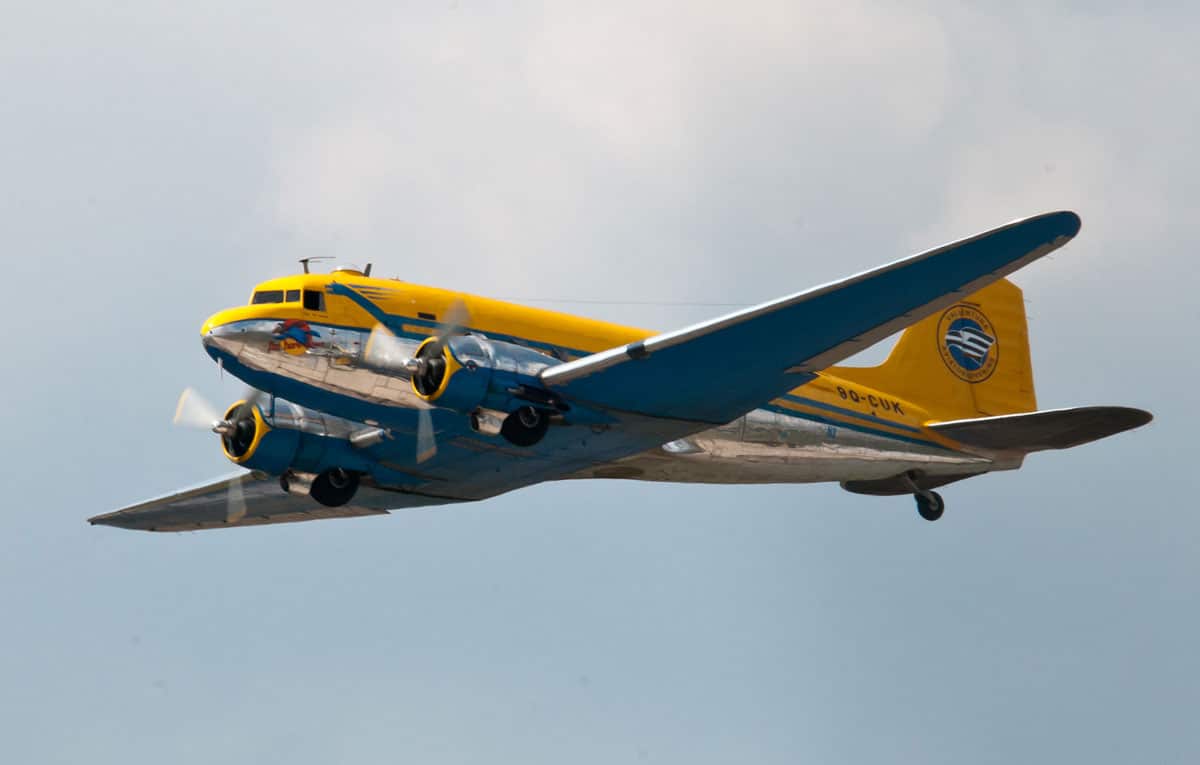
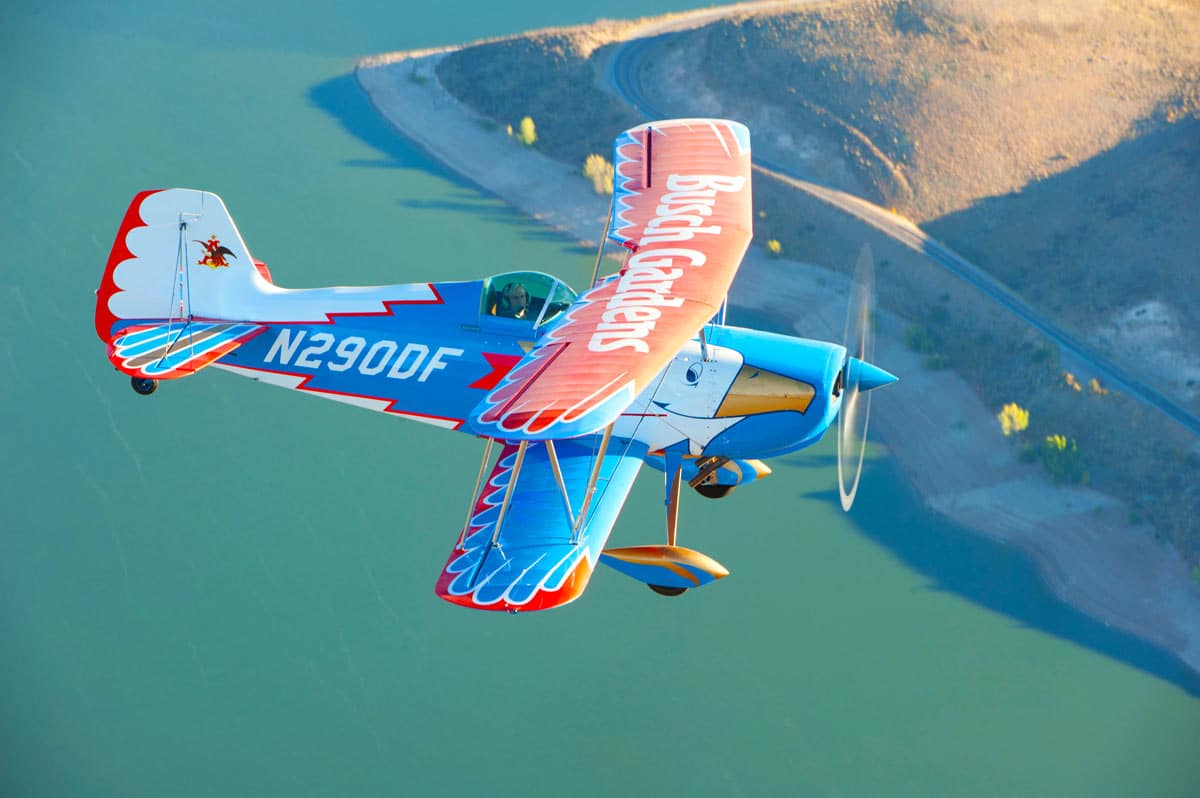
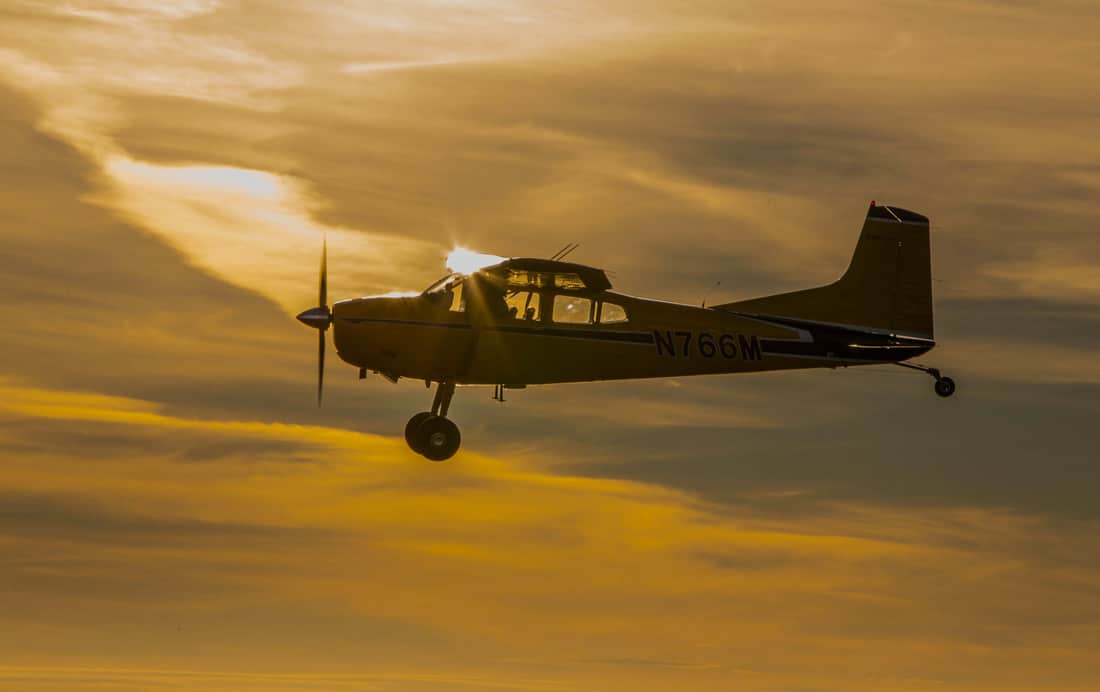
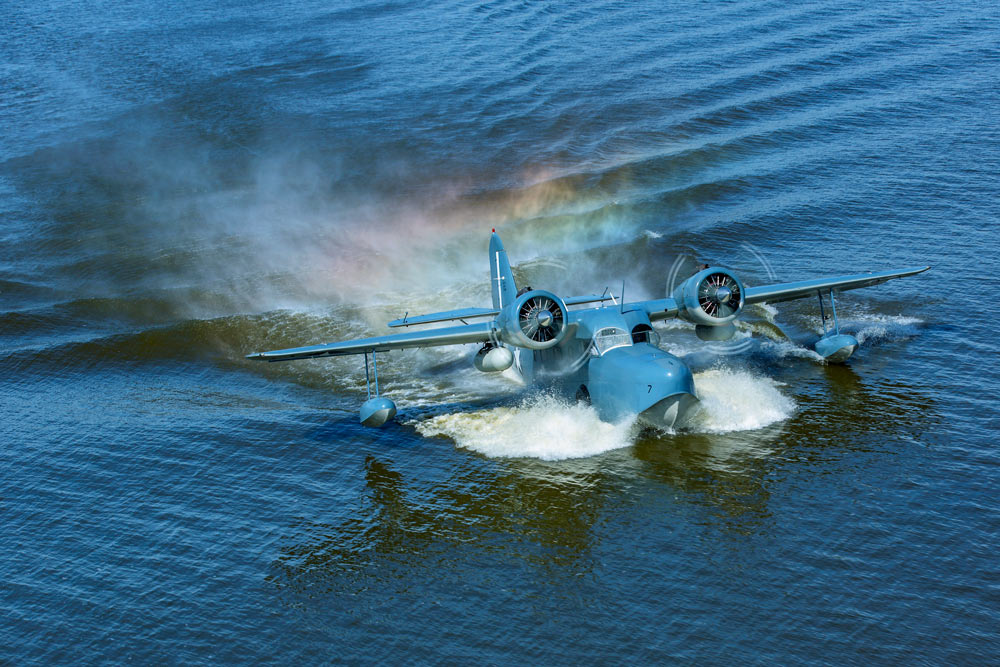
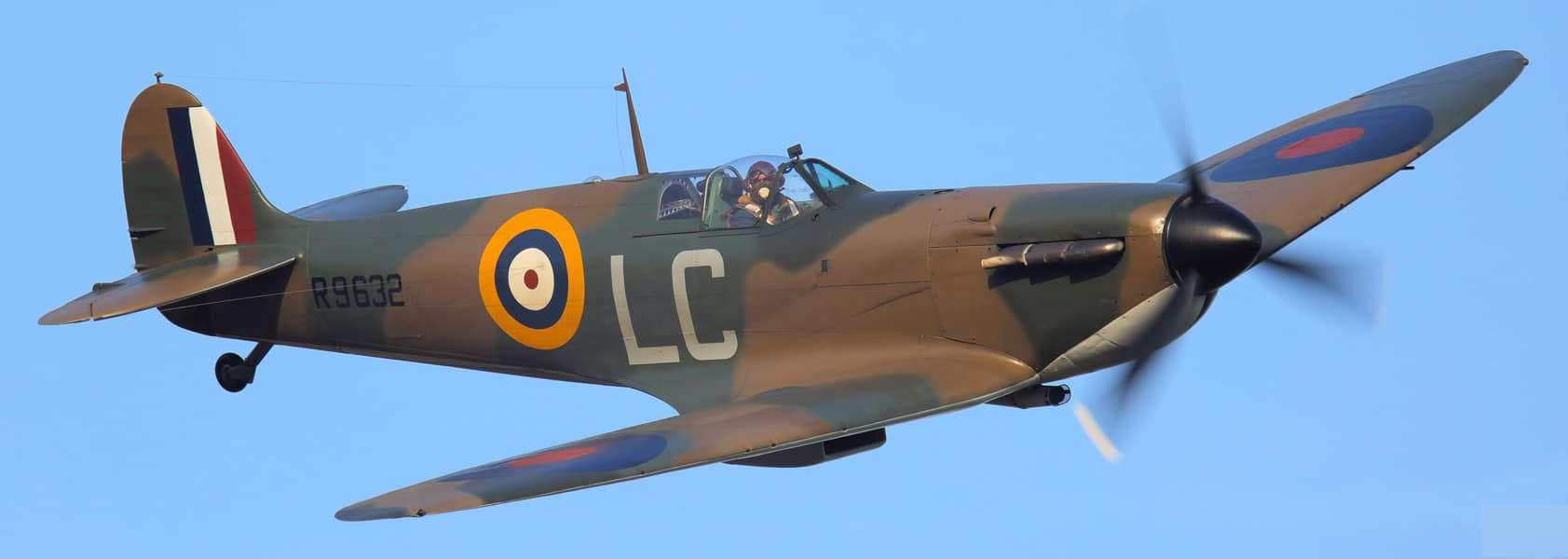
Leave a Reply